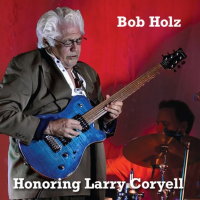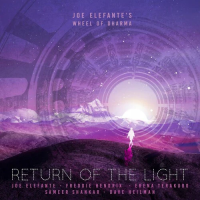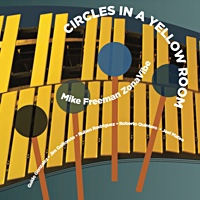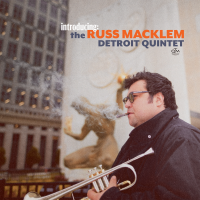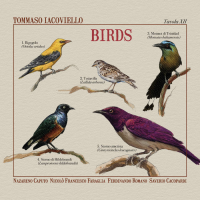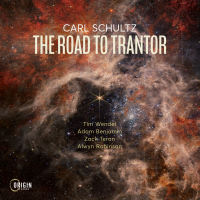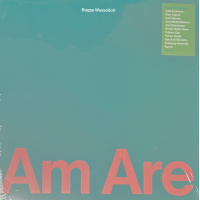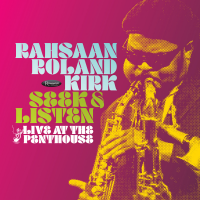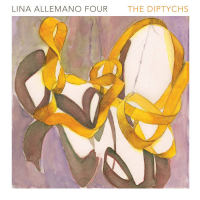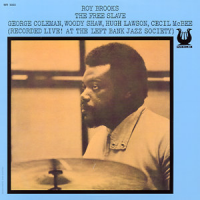Home » Jazz Articles » Album Review » Horace Silver: Finger Poppin
Horace Silver: Finger Poppin
For many, the Blue Mitchell/Junior Cook frontline defines the Horace Silver Quintet. Although they’d appeared on a few jazz sessions, their experiences in R&B and early rock bands endowed them with an economical style that never lost sight of the fun. Their five-year tenure with Silver beginning here in 1959 made them sought-after players. Silver’s blues based romps and bottomless trunk of infectious melodies provided the vehicles for their forays into jazz history.
Opening on the title track, Mitchell/Cook/Silver state a breakneck theme in unison; thirty seconds later, the solos begin. Silver gives Mitchell’s whirlwind fairly straightforward support, content to sit back at top speed with Louis Hayes and Gene Taylor. But when Cook jumps out of the plane, Silver gets giddy and suggests the Cecil Taylor of Coltrane Time. The pianist’s own solo over the rampaging rhythm section plays with time, quotes, bunches notes. He’s subversively modern yet solidly earthy.
“Juicy Lucy” features the horns elegantly arranged in Silver’s mid-tempo tribute to big women. Taking the first solo, he repeatedly jams a chord before strolling the melody home. Mitchell shows off his warm tone and blues sense before handing off to Cook. “Swingin’ the Samba” gives the keys to Cook after an insanely quick reading of the theme. The tenor player gives it a sturdy run, but Hayes’ busy rim work steals the thunder from Silver's take. None of this prepares the listener for the deep melancholy of “Sweet Stuff,” a trio arrangement devastated by minors. Deeply introverted, Silver plays few notes hesitatingly, augmenting the overall despair.
“Cookin’ at the Continental” returns to Silver’s manic phase with an embouchure erasing arrangement executed flawlessly by the horns. His solo provides yet another reminder what a huge fan Ramsey Lewis is. “Come on Home” features a two-beat insinuation that obviously spoke to Henry Mancini. On the other hand, “You Happened My Way” echoes Ellington’s “I’ve Got it Bad” in chorus except for some wellplaced minors. “Mellow D” ends the set up-tempo.
Five years after this recording, this productive working band would break up and Silver would scale new heights with a new group recording, Song for My Father, taking the Blue Note sound to its biggest audience yet.
This review originally appeared in All About Jazz: Los Angeles .
Track Listing
Finger Poppin
Personnel
Horace Silver
pianoHorace Silver- piano; Blue Mitchell- trumpet; Junior Cook- tenor saxophone; Gene Taylor- bass; Louis Hayes- drums
Album information
Title: Finger Poppin' | Year Released: 2003 | Record Label: Blue Note Records
Tags
PREVIOUS / NEXT
Support All About Jazz
 All About Jazz has been a pillar of jazz since 1995, championing it as an art form and, more importantly, supporting the musicians who make it. Our enduring commitment has made "AAJ" one of the most culturally important websites of its kind, read by hundreds of thousands of fans, musicians and industry figures every month.
All About Jazz has been a pillar of jazz since 1995, championing it as an art form and, more importantly, supporting the musicians who make it. Our enduring commitment has made "AAJ" one of the most culturally important websites of its kind, read by hundreds of thousands of fans, musicians and industry figures every month.






